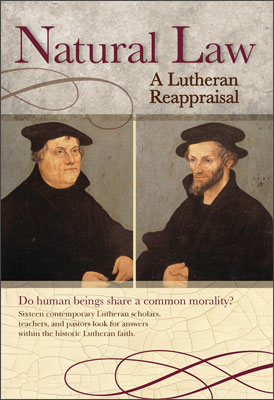Mathesius made it clear that God’s power and presence were not confined to the public ministrations of the clergy, but attended the Biblical word wherever it was read, heard, or sung. ‘We are certain that God is with us . . . for we have God’s word in our church; many fathers [Hausväter] have it in their houses and hearts, and talk and sing about it with their children; for where God’s word is, there Christ is present with his Spirit and angels.’ ...According to Eber, parents [Hausväter und Hausmütter] should not only teach the hymns and sing them with their children but also on occasion go through the hymns stanza by stanza and explain their meaning—a form of ‘household sermon’ that Eber believed was a more effective means of religious instruction than were the public sermons of the clergy. Such expositions also exemplify the balance between rote learning and spontaneous response that Lutheran pedagogy sought to attain: children (and their parents) were expected not only to remember the catechism, sermons, and hymns, but also to be able to explain them in their own words. He encouraged parents to sing hymns with their children at home on Sunday mornings, and specifically to help prepare their families to receive the Lord’s Supper by talking and singing about the Sacrament and Christ’s death at the family table the evening and morning before communion.
Christopher Boyd Brown, Singing the Gospel: Lutheran Hymns and the Success of the Reformation (Cambridge: Harvard University Press, 2005), 107-9.




